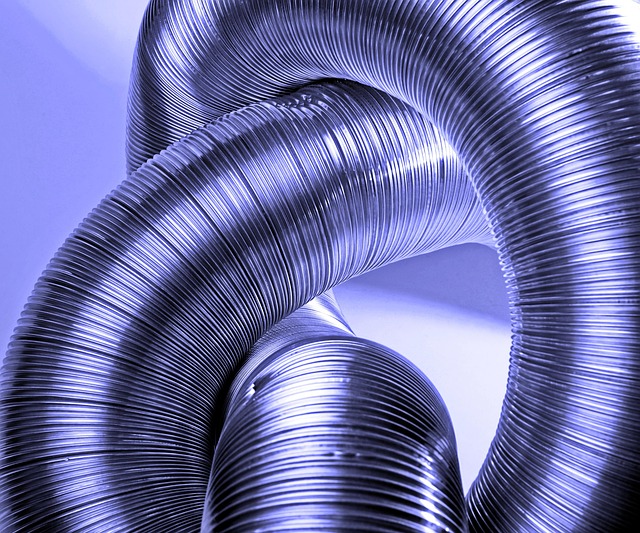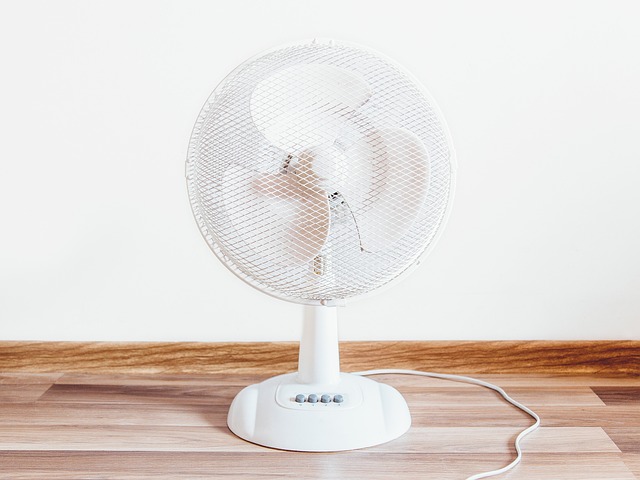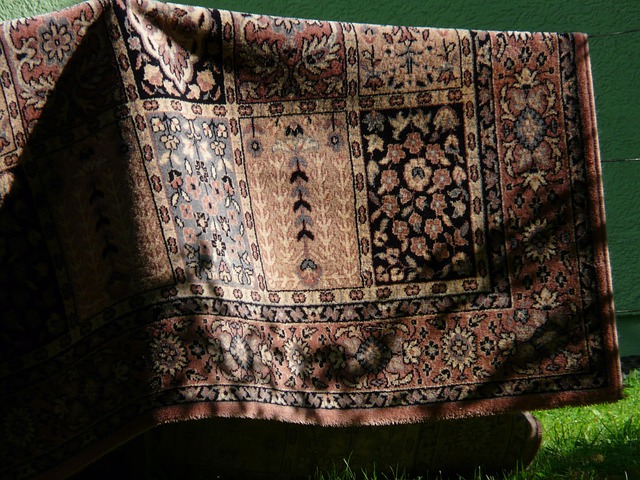Indoor air pollution caused by mold spores can severely affect health, especially for allergy or respiratory condition sufferers. To combat this, address moisture issues and invest in high-quality air purifiers with advanced filters like HEPA technology. These systems trap 99.97% of particles as small as 0.3 microns, including mold spores, improving indoor air quality, alleviating allergy symptoms, and hindering mold growth. After a mold outbreak, using specialized air purifiers for mold and top-tier HVAC filters can significantly enhance air quality, providing relief from mold's negative impacts on health.
In the wake of rising indoor air pollution and its connection to mold spores, understanding effective solutions is paramount. This article delves into the science behind how air filters play a pivotal role in removing these microscopic invaders from your living spaces. We explore the intricate process, dissecting ‘indoor air pollution mold’ and ‘mold spores in the air’. Additionally, we guide you through selecting the optimal ‘air purifiers for mold’, highlighting ‘best HVAC filters for mold’ to combat this prevalent issue. By the end, discover the profound benefits of improved air quality post-mold outbreak, including relief from ‘mold impact on allergies’.
- Understanding Indoor Air Pollution and Mold Spores
- The Role of Air Filters in Removing Mold Spores
- Selecting the Right Air Purifier for Mold Control
- Benefits of Improved Air Quality Post-Mold Outbreak
Understanding Indoor Air Pollution and Mold Spores

Indoor air pollution caused by mold spores can significantly impact our health and well-being, especially for individuals suffering from allergies or respiratory conditions. Understanding this issue is crucial to mitigating its effects. Mold grows in damp environments and can produce microscopic spores that spread easily through the air. These spores are a common trigger for allergic reactions, causing symptoms like sneezing, runny noses, and asthma attacks.
When mold spores circulate in indoor air, they can become a persistent problem, particularly if the source of moisture isn’t addressed. Improving air quality after mold growth is essential to create a healthy living or working environment. Using air purifiers designed to trap mold spores and other airborne contaminants can help. Additionally, investing in high-quality HVAC (heating, ventilation, and air conditioning) filters, specifically those marketed for removing mold spores from the air, is an effective strategy to combat indoor air pollution caused by mold.
The Role of Air Filters in Removing Mold Spores

Air filters play a pivotal role in mitigating indoor air pollution caused by mold spores. These microscopic organisms can be detrimental to human health, particularly for individuals suffering from allergies or respiratory conditions. Mold spores waft through the air and can easily infiltrate homes, causing a variety of issues, from coughing and wheezing to more severe allergic reactions.
Effective air filters, especially those designed to trap ultra-fine particles, are crucial in capturing these elusive spores before they can spread throughout living spaces. By employing high-quality air purifiers with advanced filtration systems, homeowners can significantly improve indoor air quality after mold outbreaks. This not only alleviates allergy symptoms but also prevents the growth of new mold colonies by reducing spore levels in the atmosphere. Thus, for those seeking to combat the adverse effects of both mold and its spores, investing in the best HVAC filters for mold is a strategic step towards creating healthier living environments.
Selecting the Right Air Purifier for Mold Control

Selecting the right air purifier is a key step in managing indoor air pollution caused by mold. With mold spores present in the air, even after a cleanup, these microscopic contaminants can trigger allergies and respiratory issues for sensitive individuals. Therefore, an efficient air purifier becomes essential to improving air quality. Look for models designed specifically to tackle indoor air pollution mold, as they often come with advanced filters that capture mold spores effectively. HEPA (High-Efficiency Particulate Air) filters are a popular choice, known for trapping 99.97% of particles as small as 0.3 microns, including mold spores in the air.
When choosing an air purifier for mold control, consider factors like room size, air purification speed, and noise levels to ensure it suits your needs effectively. Additionally, regular maintenance, such as replacing HVAC filters, is crucial to keeping your air purifier optimal. The best HVAC filters for mold are those with higher MERV (Minimum Efficiency Reporting Value) ratings, which trap more particles, including mold spores, while allowing cleaner air to pass through. Regular replacement ensures the filter remains efficient in capturing these tiny contaminants, contributing to a healthier indoor environment and alleviating the negative impact of mold on allergies and overall well-being.
Benefits of Improved Air Quality Post-Mold Outbreak

After a mold outbreak, addressing indoor air pollution is crucial to ensure a healthy living environment. Mold spores in the air can have a significant impact on allergies and respiratory issues for those sensitive to it. One of the most effective ways to improve air quality after mold is present is by utilizing air purifiers designed to capture and eliminate mold spores. These devices act as powerful allies in removing airborne contaminants, providing relief from the symptoms associated with mold exposure.
Air purifiers for mold are specifically engineered with advanced filtration systems that target tiny particles like mold spores. The best HVAC filters for mold often feature high-efficiency particulate air (HEPA) technology, which can capture up to 99.97% of particles as small as 0.3 microns. This ensures that mold spores and other allergens are effectively removed from the air, creating a safer and more comfortable indoor space. By improving air quality after mold, these filters contribute to better overall health, especially for individuals struggling with mold-related allergies or respiratory conditions.






